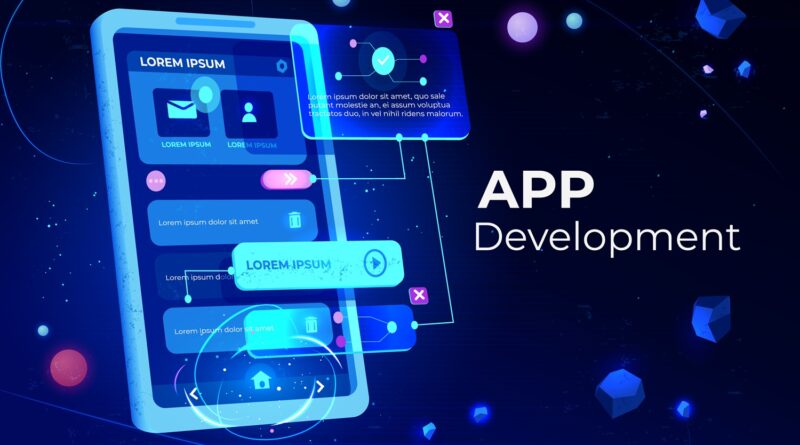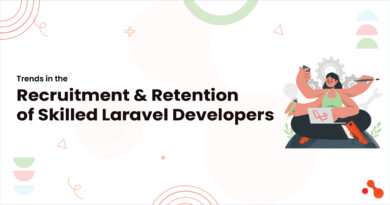Offering Apps Development Services choosing the right programming languages
When offering Apps Development Services, choosing the right programming languages is critical for ensuring optimal performance, scalability, and user experience. The best app development languages depend on the platform (iOS, Android, cross-platform) and the specific project requirements. Below are the top recommendations categorized by platform and type.
-
Native App Development
For apps built specifically for a single platform (iOS or Android), native languages offer the best performance and deep integration with device features.
iOS Development
Swift
- Modern, fast, and safe programming language by Apple.
- Best for developing high-performance and feature-rich iOS apps.
- Ideal for apps that leverage Apple-specific APIs (e.g., ARKit, HealthKit).
Objective-C
- Predecessor to Swift.
- Still used in legacy codebases and by developers familiar with Apple’s older frameworks.
Android Development
Kotlin
- Official language for Android app development.
- Concise, expressive, and null-safe, making it developer-friendly.
- Fully interoperable with Java.
Java
- Historically the main language for Android development.
- Supported by the Android SDK and widely used for legacy apps.
-
Cross-Platform Development
For apps designed to run on both iOS and Android, cross-platform frameworks save time and cost.
Flutter (Dart)
- Google’s UI toolkit that is best one for building natively compiled apps.
- Uses Dart programming language.
- Known for its “write once, run anywhere” that is best for capability and high-performance UI rendering.
React Native (JavaScript)
- Developed by Facebook, it allows building apps using JavaScript and React.
- Provides near-native performance with a shared codebase for iOS and Android.
Xamarin (C#)
- Microsoft’s framework for building cross-platform apps.
- Uses C# and integrates well with .NET.
- Suitable for enterprise-level applications with Microsoft ecosystem integration.
-
Hybrid App Development
For apps that run within a WebView and mimic native functionality.
Ionic (HTML, CSS, JavaScript)
- A hybrid app development framework based on web technologies.
- Works with frameworks like Angular, React, or Vue.js.
- Ideal for apps with a primary focus on quick prototyping and web-based functionality.
Apache Cordova (HTML, CSS, JavaScript)
- An older but still relevant framework for creating hybrid apps.
- Leverages web technologies and wraps them for mobile deployment.
-
Backend Development for Apps
A robust backend is essential for apps requiring a server-side component.
Node.js (JavaScript)
- Lightweight and efficient for real-time data-driven apps.
- Ideal for chat apps, live tracking, and APIs.
Python (Django, Flask)
- Easy to learn and versatile, with frameworks like Django for rapid development.
- Suitable for apps requiring machine learning or data processing.
Ruby (Ruby on Rails)
- Known for its simplicity and speed of development.
- Ideal for startups and MVPs.
Java
- Widely used for enterprise-scale backend systems.
- Offers reliability, security, and scalability.
PHP (Laravel)
- Popular for web-based backends.
- Laravel provides a structured framework for rapid backend development.
-
Emerging Languages
For cutting-edge apps, especially those leveraging modern technologies.
Rust
- Known for its performance and memory safety.
- Suitable for high-performance mobile games or security-focused apps.
Go (Golang)
- Ideal for cloud-based apps and microservices.
- Designed for speed, scalability, and simplicity.
-
Game Development
For apps focused on gaming or AR/VR.
Unity (C#)
- A popular game engine supporting iOS and Android development.
- Suitable for 2D and 3D games, as well as AR/VR apps.
Unreal Engine (C++)
- Offers stunning visuals for advanced games and simulations.
- Best for apps requiring high-fidelity graphics.
-
Low-Code/No-Code Platforms
For rapid app development with minimal coding
OutSystems
A powerful low-code platform for building enterprise-grade apps.
Mendix
Ideal for creating business applications quickly.
Microsoft Power Apps
Great for building simple, functional apps within the Microsoft ecosystem.
Recommendations Based on Use Case
- Enterprise Apps: Kotlin, Swift, React Native, or Xamarin for front-end; Node.js, Python, or Java for backend.
- E-commerce Apps: Flutter or React Native for cross-platform development; PHP (Laravel) or Python for backend.
- Social Media Apps: React Native or Swift/Kotlin for front-end; Node.js or Python for real-time backend services.
- Gaming Apps: Unity (C#) or Unreal Engine (C++).
- IoT Apps: Java, Python, or Swift (for device integration and API management).
Choosing the right language depends on factors such as the app’s complexity, target audience, budget, and long-term maintenance goals. A careful analysis of these factors ensures optimal performance and scalability for your app development projects.




